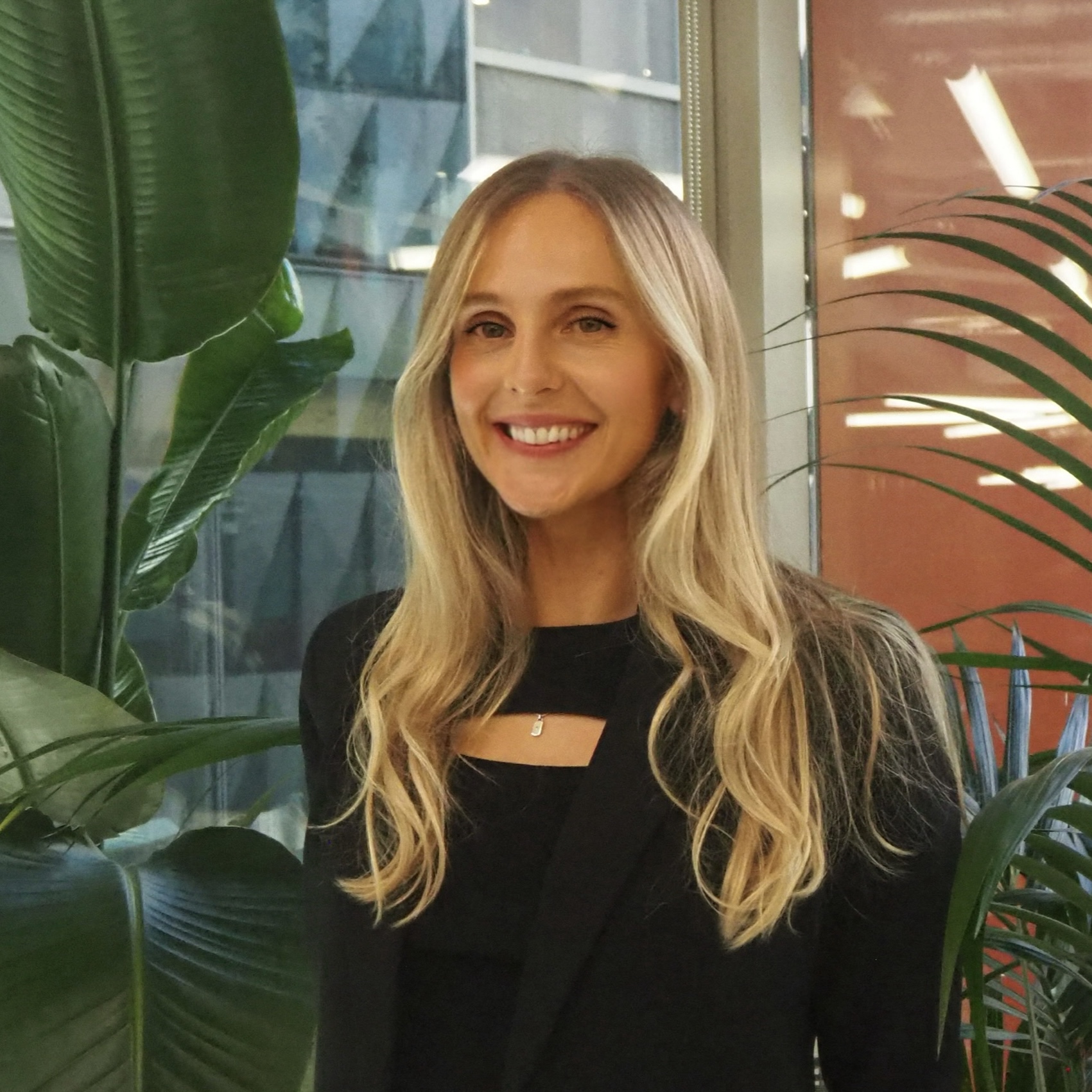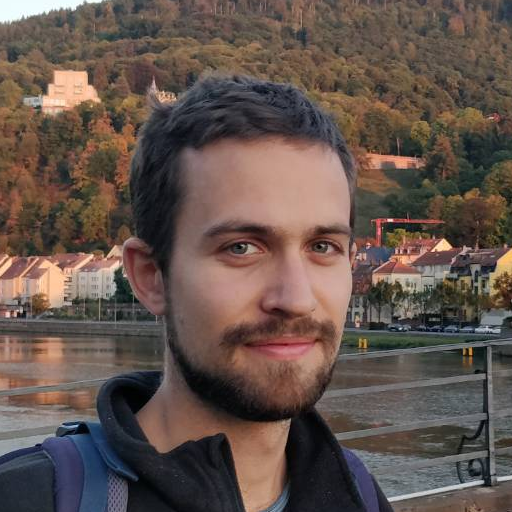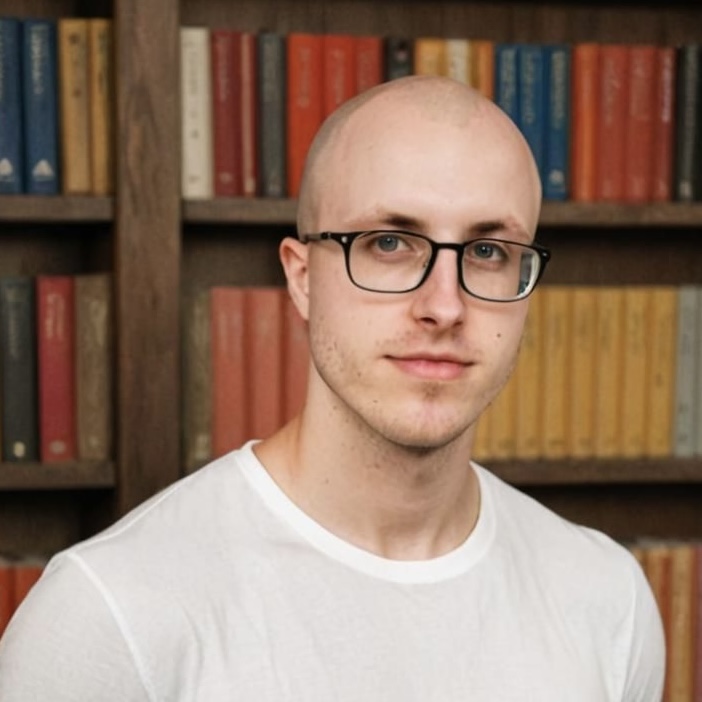Dr Lucy Ham, Dr Kaan Öcal & Dr Augustinas Šukys
WORKSHOP: The fundamentals of whole-cell modelling: stochastic simulation with Julia
Whole-cell models are cutting-edge tools for predicting cellular phenotypes from genotypes by simulating the interactions of every gene and cellular function. These models have the potential to revolutionise rational bioengineering, synthetic biology, and precision medicine by enabling the design and optimisation of biological systems with exceptional accuracy. However, building fully comprehensive and precise whole-cell models remains a considerable challenge.
This workshop will introduce participants to the core principles of whole-cell modelling, with a focus on key cellular processes such as gene regulation, protein synthesis and degradation, and metabolism. Attendees will explore the latest developments in stochastic modelling and computational biology, learning how to simulate biochemical processes using Julia, a powerful programming language for scientific computing.
Participants will also explore methods for fitting stochastic models to experimental data, gaining hands-on experience in model calibration techniques. By the end of the workshop, attendees will have built a strong foundation in both the theoretical and computational aspects of whole-cell modelling, providing them with the tools necessary to analyse and understand complex biological systems.
Keywords: stochastic simulation, Julia, modelling, biochemical systems
Requirements: Participants will need a laptop with Julia installed (https://julialang.org/downloads/), along with the following packages: Catalyst.jl, ModelingToolkit.jl, JumpProcesses.jl, DifferentialEquations.jl, Plots.jl.
Relevance: This workshop is most relevant to students and early-career researchers in computational or mathematical biology, mathematics, computer science, bioinformatics, and systems biology, particularly those interested in modelling complex cellular processes.

Dr Lucy Ham
Postdoctoral research fellow, The University of Melbourne
Dr Lucy Ham is a Postdoctoral Research Fellow within the ARC Centre of Excellence for the Mathematical Analysis of Cellular Systems (MACSYS) at the University of Melbourne. Her research focuses on developing mathematical and computational models to understand the molecular networks that drive cellular decision-making. She is particularly interested in understanding the origins and mechanisms behind cell-to-cell heterogeneity in gene expression and has made noteworthy advancements in the stochastic analysis of cellular processes.
Lucy has a PhD in pure mathematics, which bridged logic, algebra, and theoretical computer science, and she continues to publish in these areas. She enjoys collaboration and building connections between mathematics, statistics, and biology.

Dr Kaan Öcal
Postdoctoral Research Fellow, The University of Melbourne
Dr Kaan Öcal is a Postdoctoral Research Fellow in the Theoretical Systems Biology group at the University of Melbourne, working with Prof Michael P.H. Stumpf. His main research interest is in stochastic modelling and inference for biochemical systems at the single-cell level. He is currently working on combining new mathematical models of gene expression with existing high-quality experimental data to understand the mRNA and protein dynamics in living cells. Before moving to Melbourne, Kaan completed a PhD at the University of Edinburgh, where he worked with Ramon Grima and Guido Sanguinetti.

Dr Augustinas Šukys
Postdoctoral Research Fellow, The University of Melbourne
Dr Augustinas Šukys is a Postdoctoral Research Fellow in the Theoretical Systems Biology group at the University of Melbourne. He completed his PhD jointly at the University of Edinburgh and the Alan Turing Institute, where he focused on developing and implementing novel methods to approximate the chemical master equation, a framework commonly used for stochastic modelling of biochemical systems. His research interests also include transcriptomic data analysis, mechanistic model inference, open source computational software development and the applications of machine learning to biology.
